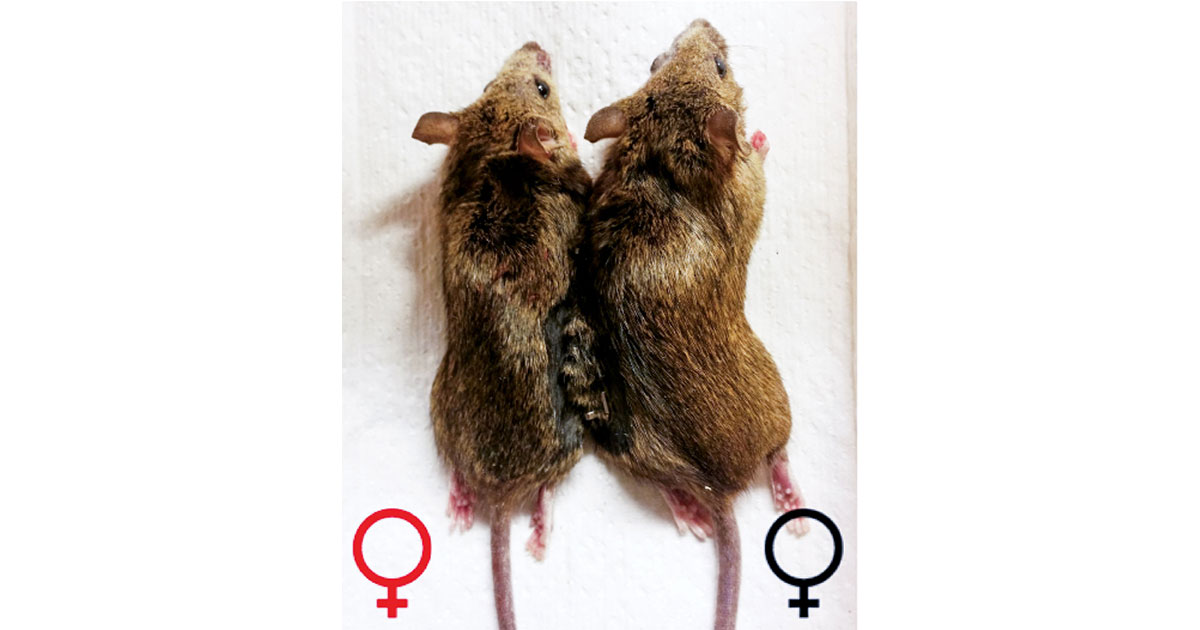Advertisement
Grab your lab coat. Let's get started
Welcome!
Welcome!
Create an account below to get 6 C&EN articles per month, receive newsletters and more - all free.
It seems this is your first time logging in online. Please enter the following information to continue.
As an ACS member you automatically get access to this site. All we need is few more details to create your reading experience.
Not you? Sign in with a different account.
Not you? Sign in with a different account.
ERROR 1
ERROR 1
ERROR 2
ERROR 2
ERROR 2
ERROR 2
ERROR 2
Password and Confirm password must match.
If you have an ACS member number, please enter it here so we can link this account to your membership. (optional)
ERROR 2
ACS values your privacy. By submitting your information, you are gaining access to C&EN and subscribing to our weekly newsletter. We use the information you provide to make your reading experience better, and we will never sell your data to third party members.
Biological Chemistry
Ulcer Revelation Garners Nobel Prize
Two Australians share award for discovery of ulcer-causing bacteria
by Sophie L. Rovner
October 10, 2005
| A version of this story appeared in
Volume 83, Issue 41

NOBEL PRIZE IN PHYSIOLOGY OR MEDICINE
The 2005 Nobel Prize in Physiology or Medicine honors the discovery that ulcers are caused by the bacterium Helicobacter pylori—not stress or lifestyle as had been thought. The Nobel Assembly at Karolinska Institute, which awards the prize, describes the discovery as "remarkable and unexpected" and notes that it "challenged prevailing dogmas."
J. Robin Warren, 68, formerly a pathologist at the Royal Perth Hospital in Australia, and Barry J. Marshall, 54, who runs an H. pylori research lab at the University of Western Australia, in Nedlands, will share the $1.3 million prize.
The path to the Nobel Prize began when Warren noted that stomach tissue from patient biopsies was often colonized by a small, curved bacterium and that inflammation of the gastric mucosa in these tissue samples always occurred near the bacterium. Marshall collaborated with Warren and eventually succeeded in culturing the bacterium, which was later named H. pylori. The researchers determined that the bacterium could be found in most patients with gastric inflammation, duodenal ulcer, or gastric ulcer. On the basis of these results, "they proposed that H. pylori is involved in the etiology of these diseases," the Nobel Assembly notes.
Because the stomach's low pH was thought to be too harsh for bacteria to survive, the researchers' hypothesis was met with skepticism. Marshall responded by quaffing a culture of the bacterium and showing in a most direct manner that the organism causes gastritis.
"Thanks to the pioneering discovery by Marshall and Warren, peptic ulcer disease is no longer a chronic, frequently disabling condition, but a disease that can be cured by a short regimen of antibiotics and acid secretion inhibitors," the Nobel Assembly says.




Join the conversation
Contact the reporter
Submit a Letter to the Editor for publication
Engage with us on Twitter